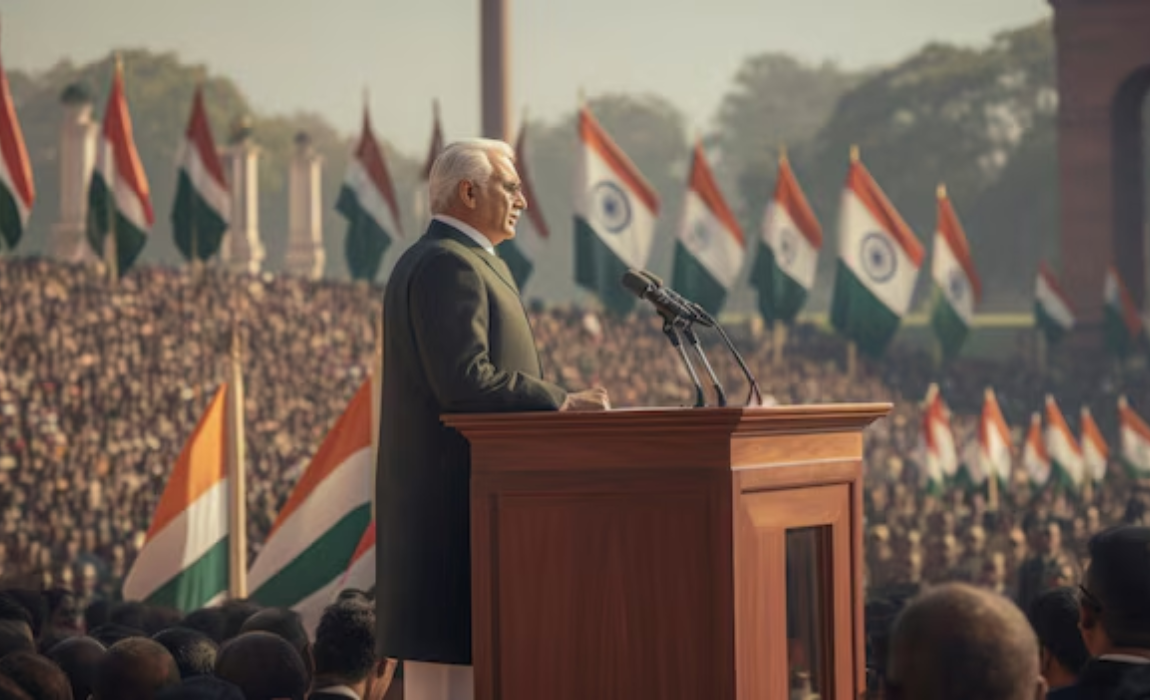
Elections and Freebies: Constitutional Limits on Populist Promises
In every election season, political parties across India try to outdo each other with promises — free electricity, loan waivers, gas cylinders, cash transfers, and even smartphones. These “freebies”, as they are commonly called, are seen by some as welfare measures and by others as political bribes. The line between the two has become increasingly blurred, raising a serious question: where should democracy draw the line between welfare and populism?
The Rise of the Freebie Culture
Freebies are not new to Indian politics. From free rice schemes in Tamil Nadu to farm loan waivers in northern states, political promises have often revolved around immediate relief. For poor families struggling with inflation and unemployment, such
schemes can offer short-term help. But critics argue that this trend encourages fiscal irresponsibility and voter manipulation, turning elections into competitions of who can give away more, not who can govern better.
This “culture of freebies” affects not only the economy but also the spirit of democracy. When parties use public funds to win votes, it distorts fair competition and burdens future governments with unmanageable debt. According to experts, many states already spend a large part of their budgets on subsidies and giveaways, leaving little for investment in health, education, or infrastructure.
The Constitutional Perspective
India’s Constitution guarantees the right to equality under Article 14 and mandates responsible governance under Article 38, which directs the State to promote the welfare of the people through justice — social, economic, and political. Welfare measures, therefore, are not unconstitutional. The government has a duty to help the poor and reduce inequality.
However, when welfare turns into reckless populism, it can violate constitutional morality. The Supreme Court has expressed concern over this issue multiple times. In Subramanian Balaji v. State of Tamil Nadu (2013), the Court held that offering freebies in election manifestos does not constitute a “corrupt practice” under election law, but it also observed that such promises have a significant impact on free and fair elections.
In 2022, the Supreme Court again revisited the issue, noting that there must be a distinction between “welfare schemes” that empower citizens and “irrational freebies” that drain the economy. The Court even suggested the formation of an expert body to study and regulate pre election promises. But no concrete legal framework has yet been established.
Freebies vs. Welfare: Drawing the Line
The problem lies in defining what qualifies as a “freebie.” Free healthcare, free education, or food subsidies are legitimate welfare measures that promote equality and human dignity. But distributing luxury items like TVs or cash rewards without any economic rationale crosses the line into populism.
A constitutional democracy must focus on empowering citizens, not creating dependency. Welfare should build capacity — through education, employment, and infrastructure — instead of offering temporary relief that wins votes but weakens the economy.
The Way Forward
The Election Commission of India (ECI) has a crucial role to play. While it cannot ban welfare schemes, it can demand greater transparency in political manifestos. Parties should be required to explain the financial implications of their promises and how they intend to fund them. Voters deserve to know whether a promise is practical or simply political bait.
Fiscal responsibility laws must also be strengthened to prevent governments from spending beyond sustainable limits. Independent audits and parliamentary oversight can ensure that welfare spending serves genuine public interest, not electoral advantage.
Conclusion
Freebies may win elections, but they rarely build nations. The true measure of governance lies not in what is given away, but in what is created — jobs, schools, hospitals, and hope. India’s democracy thrives when citizens make informed choices, not emotional ones based on short term gains.
The Constitution envisions a welfare state, not a populist one. Welfare policies should lift people out of poverty, not trap them in cycles of dependency. As India continues to grow, it must remember that responsible governance is the greatest freebie a democracy can offer its people.
